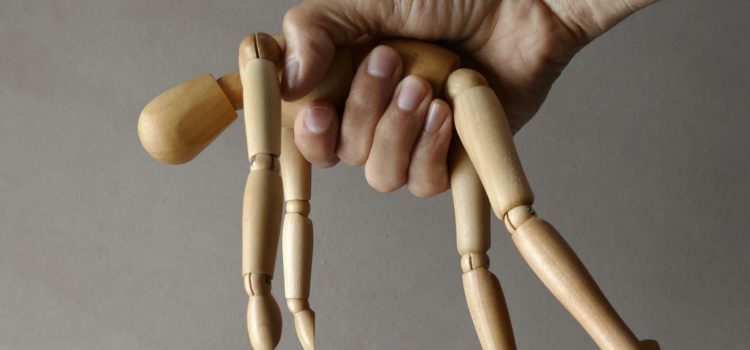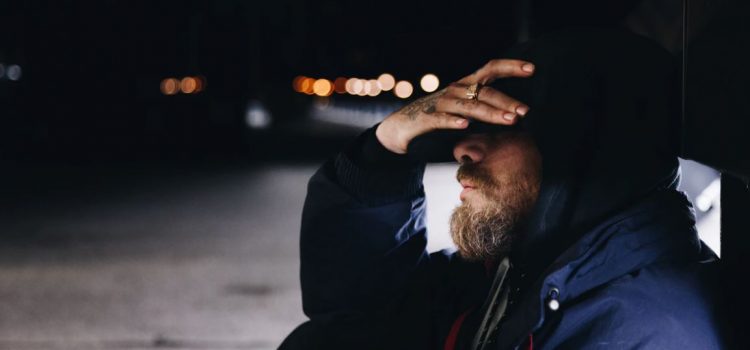Do you want to know how to make an impact on the world? How can sharing your values with others make an impact on both of your happiness? According to Jay Shetty, the author of Think Like a Monk, the final step in adopting a monk mindset is to share your values, strength, and compassion with others. It can be difficult to know where to begin, so Shetty describes three opportunities where you can leave a mark. Here are tips on how to make a positive impact.
How to Make an Impact on the World Around You










